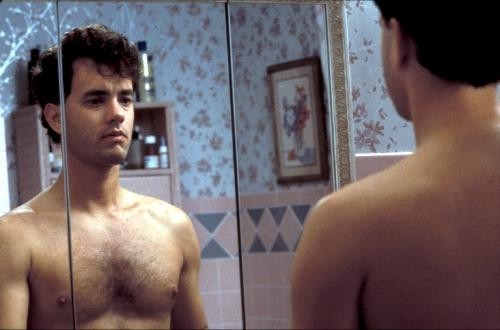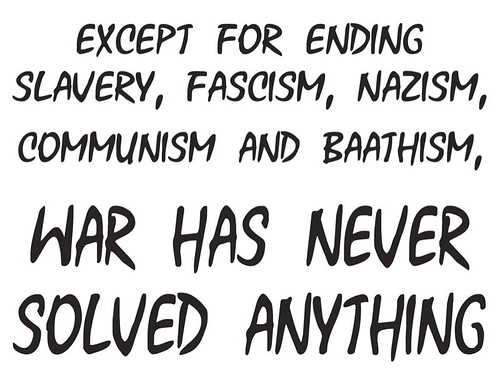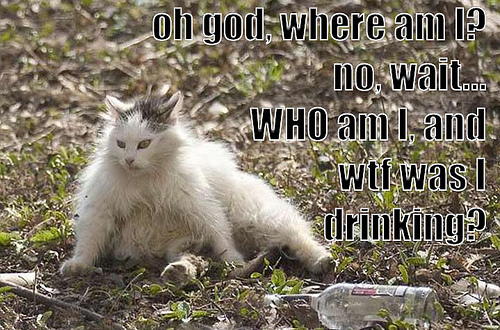What does it mean to be a grown-up? When do we know that we have "made it" as an adult? Or do we ever really make it? Are we always part child?
Is being an adult simply a physical phenomenon? Certainly there is a time in which, biologically, we stop growing and are able to reproduce. But does physical maturity equal adulthood? Even if it is one part, is it the most significant aspect of adulthood? If it isn't that significant, is it possible to be an adult without physical maturity? For instance, can a girl who can't have kids of her own but who takes care of her siblings like a mother-- does she count as an adult, even though physically she isn't "grown up"?
What about emotional maturity? If a person has self control and is master over their own stresses and can make reasonable decisions, is that adulthood? What if a person is emotionally mature and rational, but they don't have enough experience to really know all of their options? But how many adults actually know all of their options? Isn't experience and emotional maturity a process, a spectrum that we all fall short of reaching the final amount of experience and control necessary? Are we not really mature until death, the final experience we all must share?
What about responsibility? Once we are responsible enough to care for ourselves, whatever family we have been born into, adopted or created, then are we really grown up? Once we can provide for all of the needs, can make decisions as to how to best organize the life of the small group, then are we really adult? What about adults who are poor and can't make ends meet? Are they not really adult unless they can properly take care of themselves and their family? Are the homeless over 40 not really adults and must be treated and cared for like a child?

There are other aspects of adulthood that must be considered: Moral maturity, choosing a lifestyle that works in society at large, the specific cultural and social markers that indicate adulthood, whether that be turning 18, driving a car, getting married or living in one's own space.
What other aspects of life make a grown-up? When did you feel that you were really adult?






























